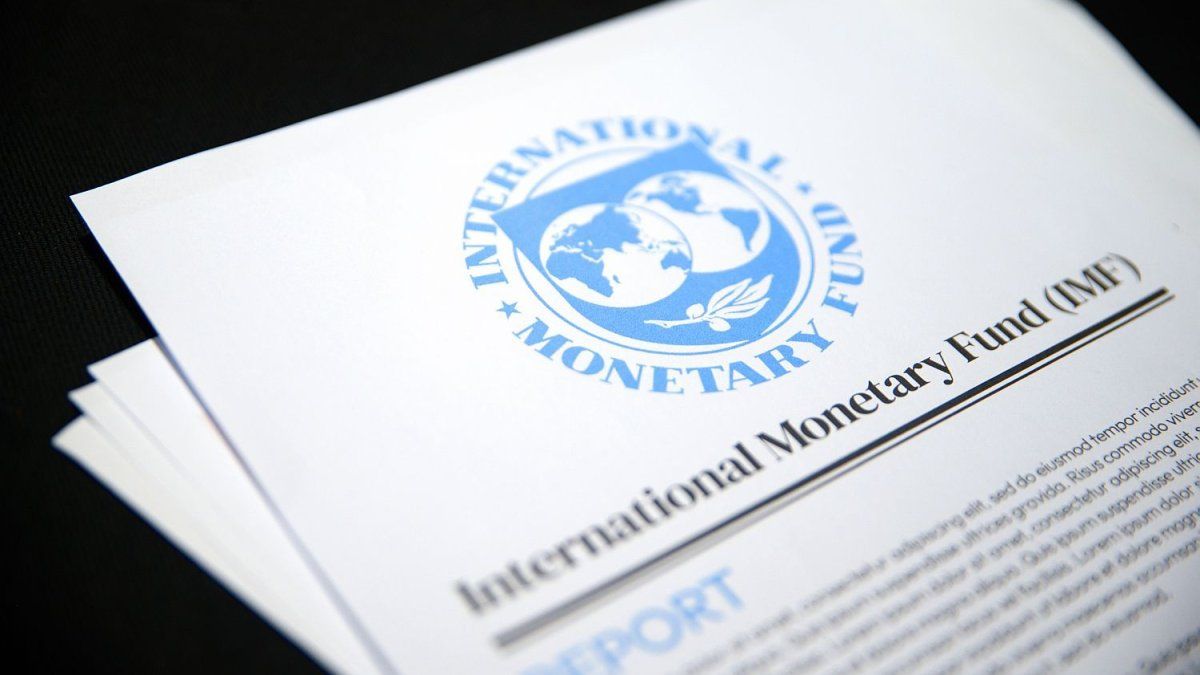This is a 48 -month program under the extended service of the Fund (SAF). The Government will seek to strengthen the surplus, make the exchange regime more flexible and deepen structural reforms.
He Executive Directory of the International Monetary Fund (IMF) approved a New 48 months agreement For Argentina in the framework of the Expanded Fund Service (SAF)for a total of U $20,000 millionequivalent to 479% of the country’s quota before the agency. The decision enables a Immediate disbursement of US $ 12,000 millionwhile the First review of the program is planned for June 2025with an additional disbursement in U $ 2,000 million.
The content you want to access is exclusive to subscribers.
The program was requested by the Argentine authorities as part of the next stage of its economic and structural stabilization plan. Confirmation came after the press conference of the Minister of Economy, Luis Caputo, who announced the end of the stocks to the dollar and a new exchange scheme.


As reported by the organism with headquarters in Washington, The objective is to consolidate macroeconomic stability, strengthen the external position and facilitate Argentina’s return to international credit markets.
Fiscal surplus, monetary reform and more opening
The head of the IMF, Kristalina Georgievahighlighted the “determined implementation” of the stabilization plan by the Government and highlighted the achievements in terms of “rapid disinflation, economic recovery and incipient social improvements.” However, he acknowledged that the country continues to face important structural challenges and growing global risks.
The new program points to three central pillars:
-
Maintain a strong fiscal anchorwith the commitment of zero deficit and improvements in the quality of spending. It is expected to advance in reforms of the tax system, co -participation and the pension regime, taking care of the margin for social spending and infrastructure.
-
Transmit to a more robust exchange and monetary regimewith greater flexibility of the exchange rate, more strict monetary goals and a progressive plan to eliminate distortive exchange restrictions.
-
Promote structural reformsespecially to deregulate key sectors, open the economy and take advantage of the energy and mining potential of the country. We will also work to strengthen governance, transparency and anti -corruption frames.
Access to markets and additional financing
From the IMF they pointed out that the new agreement also You will seek to catalyze additional financing of multilateral organisms, such as World Bank and the IDBas well as bilateral sources. In addition, the backrest of the fund is expected to serve to Facilitate Argentina’s return to international capital markets.
The agreement includes the implementation of contingency plans Faced with eventual external shocks, as well as a clear and permanent communication with society. For the agency, expanding political and social support to the program will be key to sustaining the medium term course.
Source: Ambito




